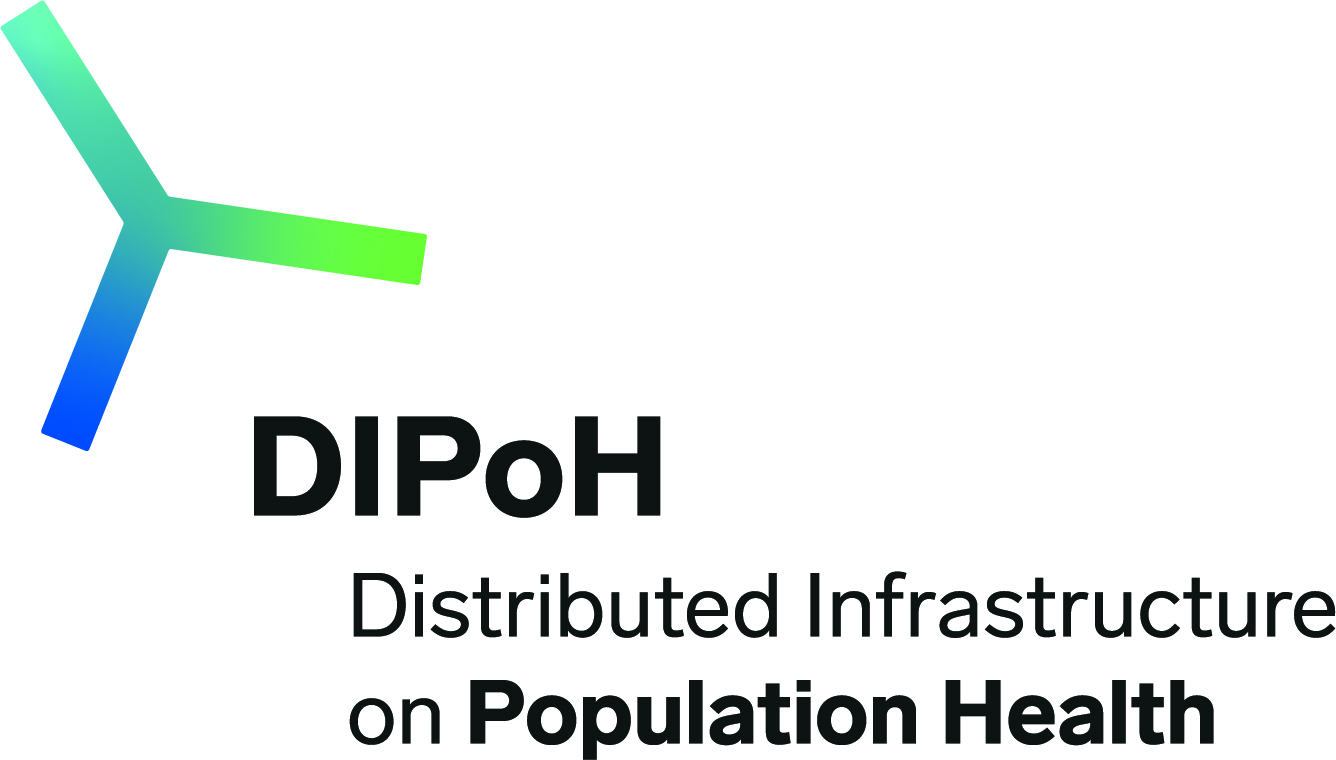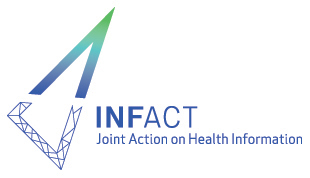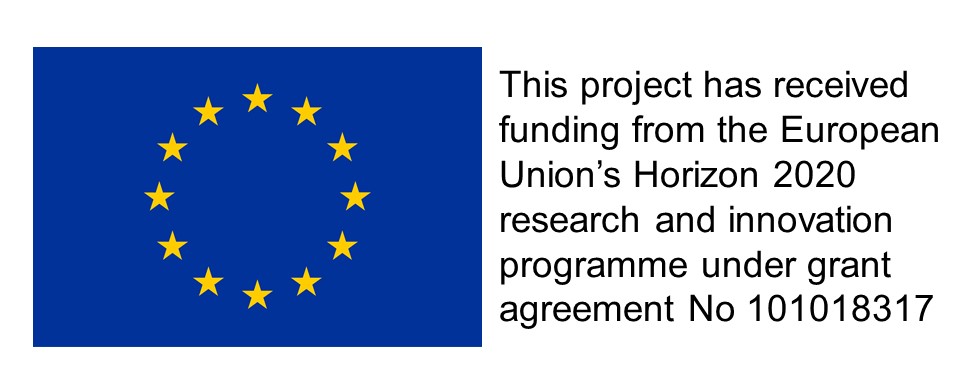Overview
The spread of the Severe Acute Respiratory Syndrome Coronavirus 2 (SARS-CoV-2) and the resulting outbreak of the disease COVID-19 has faced Belgium and most other countries worldwide with unprecedented challenges. During the crisis, active surveillance systems have been put in place to monitor in real-time the number of cases, hospitalisations and deaths. These data provide valuable insights in the direct health impact of COVID-19 in Belgium, in terms of the number of cases, hospitalisations and deaths. These data are completed by excess mortality estimates, showing substantial increases in excess mortality in 2020.
Despite the wealth of information on the current, immediate impact of COVID-19, three main knowledge gaps remain:
- What is the social patterning of COVID-19?
- What are the long-term direct health impacts of severe COVID-19 infections?
- What are the indirect health impacts caused by the measures and behaviour changes installed to fight COVID-19?
To address these challenges, HELICON sets up data linkages between available COVID-19 data and administrative data sources, covering social characteristics, health care use, costs and mortality data. The project builds on a multidisciplinary consortium of clinicians, epidemiologists, sociologists, demographers and health economists to analyse and interpret these data.





